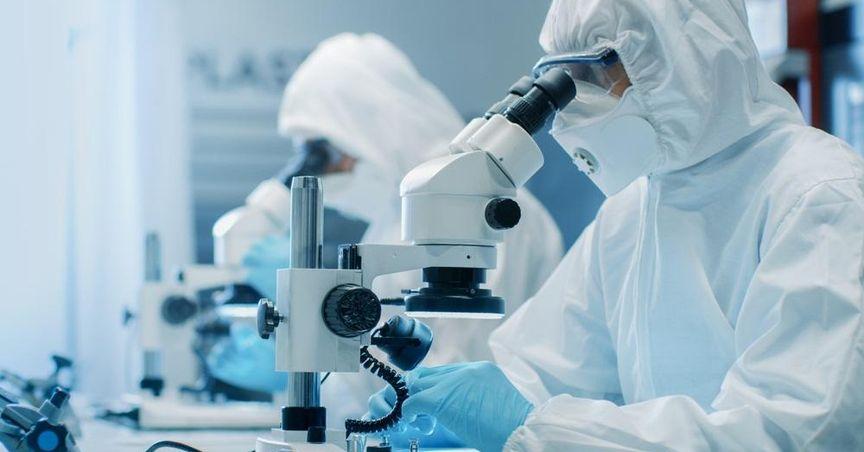Highlights
- Recce Pharmaceuticals advances partnership with US Army.
- R327 to be tested against deadly pathogens under high biocontainment.
- Collaboration boosts efforts to combat antimicrobial resistance.
Recce Pharmaceuticals (ASX:RCE) has taken a significant step forward in its global biodefense efforts by entering into a Cooperative Research and Development Agreement (CRADA) with the United States Army Medical Research Institute of Infectious Diseases (USAMRIID). This collaboration, backed by funding from the Defense Threat Reduction Agency (DTRA), adds a powerful new dimension to Recce’s growing network of partnerships with key US government agencies.
The newly announced CRADA will involve rigorous testing of Recce’s synthetic anti-infective, RECCE® 327 (R327), against a panel of some of the world’s most dangerous biological threats. These evaluations will take place within USAMRIID’s high biocontainment facilities using established in vitro infection models. If successful, the program could progress into small animal model studies, opening the door to further critical advancements.
This agreement builds on Recce’s earlier collaborations with the US Department of Defense, including an ongoing program focused on burn wound treatments. In addition, Recce (RCE) recently secured a US$2 million grant through the Congressionally Directed Medical Research Program (CDMRP) to assess R327G, a gel formulation of its lead compound, as a potential solution for burn wound infections.
The partnership with USAMRIID — the US Army’s premier institute for biological threat defense and the only Department of Defense facility certified for Biosafety Level 4 containment — marks a major milestone for Recce. It positions the company at the forefront of efforts to tackle antimicrobial resistance and emerging biothreats, areas of urgent global concern.
R327 itself is a broad-spectrum synthetic anti-infective developed to combat both Gram-positive and Gram-negative bacteria, including highly drug-resistant strains. It has shown no signs of resistance development to date and continues to demonstrate favorable safety and efficacy profiles across clinical and preclinical studies.
With the growing challenge of antimicrobial resistance and the threat of biological warfare agents, partnerships like these underscore the critical role of innovative biotech companies such as Recce Pharmaceuticals (RCE) in safeguarding public health and national security. The collaboration also reflects Recce’s commitment to applying its cutting-edge technologies where they are needed most — in protecting lives against some of the world’s most formidable infectious threats.



